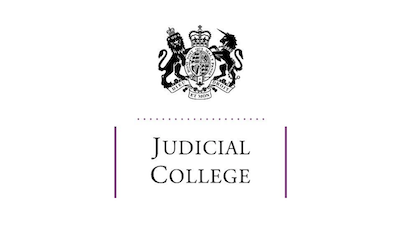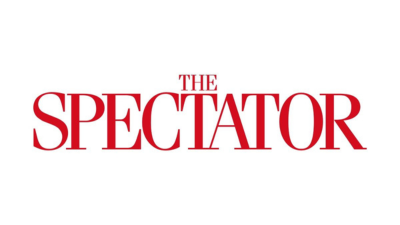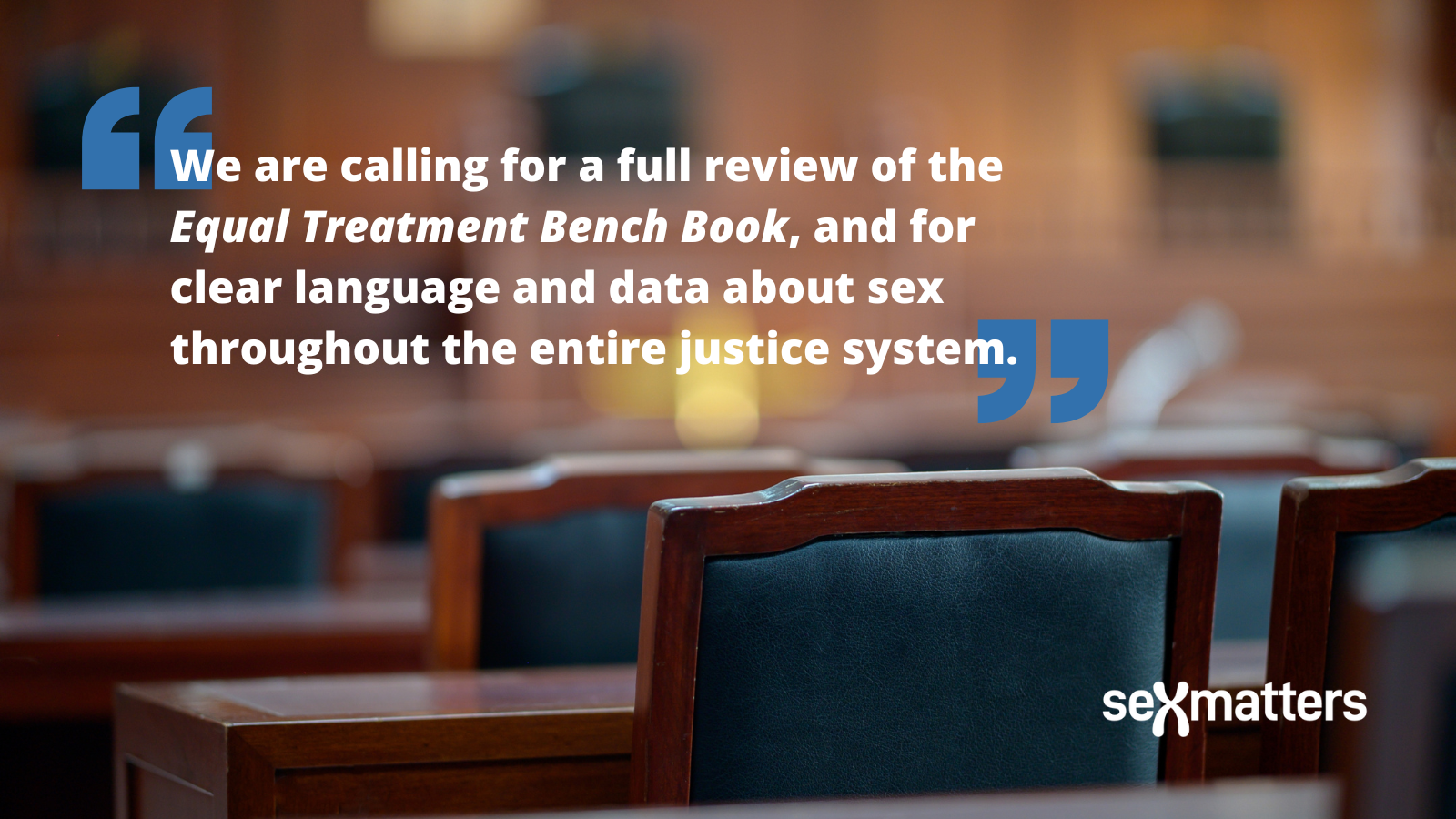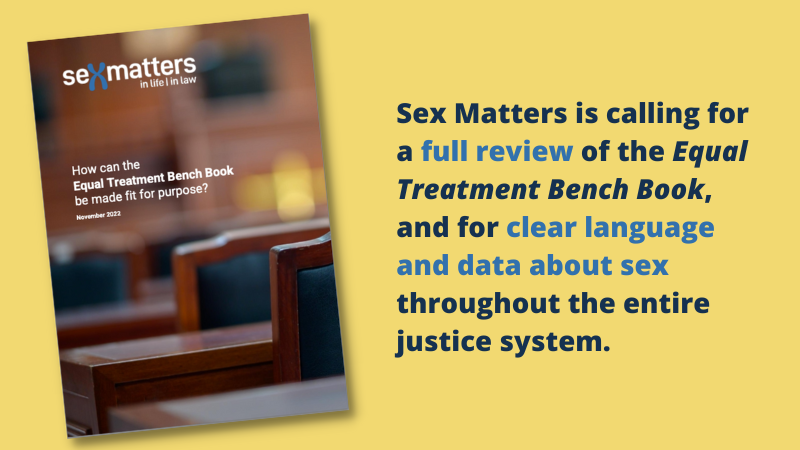Equal Treatment Bench Book
-

Equal Treatment Bench Book – July 2024 edition
This edition represents the first major revision for three years.
-

How identity politics infiltrated the judiciary
Laurie Wastell writes for The Spectator about the Equal Treatment Bench Book, quoting Sex Matters.
-

Why are judges still calling rapists “she” in court?
The Equal Treatment Bench Book is a guide to judges on how to run an inclusive court room. But it is not based on the law, and it is leading judgments astray. Sex Matters has published a new report on the problems with the Equal Treatment Bench Book. In...
7th November 2022
-

How can the Equal Treatment Bench Book be made fit for purpose?
The Bench Book is produced by the Judicial College for judges and magistrates in England and Wales as a guide to the needs and characteristics of the diversity of people who may come into contact with the courts. We explain why it’s not fit for purpose, and what needs...
-

Equal Treatment Bench Book – interim revision July 2022
A revision of the February 2021 edition.
-

Changes to the Equal Treatment Bench Book
Changes made in chapter 12 in the December 2021 update.
-

Equal Treatment Bench Book – interim revision December 2021
A revision of the February 2021 edition.
-

Equal Treatment Bench Book – February 2021 edition
Issued by the Judicial College, which says: “The ETBB aims to increase awareness and understanding of the different circumstances of people appearing in courts and tribunals. It helps enable effective communication and suggests steps which should increase participation by all parties.”
-

Equal Treatment Bench Book – interim revision March 2020
March 2020 revision of the February 2018 edition.
-

Equal Treatment Bench Book – interim revision September 2019
September 2019 revision of the February 2018 edition.
-

Equal Treatment Bench Book – February 2018 edition
Issued by the Judicial College, which says: “The ETBB aims to increase awareness and understanding of the different circumstances of people appearing in courts and tribunals. It helps enable effective communication and suggests steps which should increase participation by all parties.”
-

Equal Treatment Bench Book – interim revision September 2015
September 2015 amendments to the 2013 edition.
